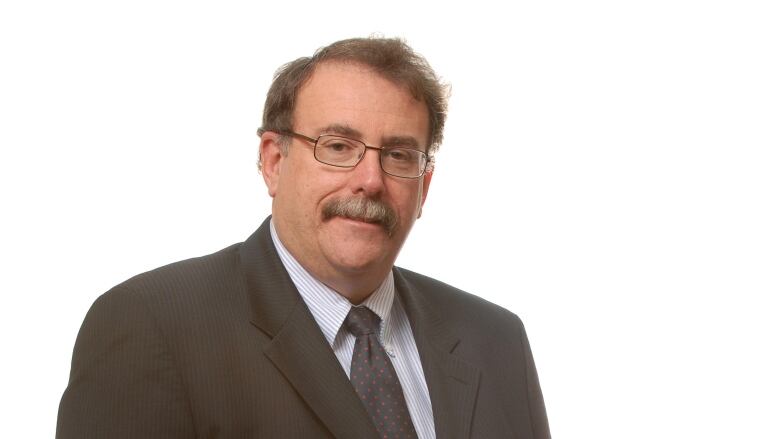Nova Scotia mental health care privacy laws unlikely to change: former health czar
'If we breach that confidentiality, there's a chance people might not seek care,' says John Malcom

A retired health-care administrator is happy to hear Premier Stephen McNeil talk about reviewing the law around patient privacy, but John Malcom warnsbreaching confidentiality may have serious consequences.
He says that while the debate is worth having, it'sunlikely to lead to changes to the law.
"If the individual does not want to share ...we know that if we breach that confidentiality, there's a chance people might not seek care in the future," he said duringa phone interview from his home in Sydney, N.S.
Malcomwas the CEO of the Cape Breton Health Authority between 1997 and 2012.He also worked in Saskatoon and at the Nova Scotia Department of Health. He retired in 2012.
Malcom says the protection of privacy is a fundamental principle by which all health-care workers operate.
Cayley Fox case
This most recentdebate over confidentiality was sparked by acall Tuesday by the mother of a 21-year-old woman who killed herself in January. Carolyn Fox's daughter, Cayley, had a mental illness andwas rushed to hospital in Halifax three times, but her family only found out about the visitsafter the third one.
Cayley's roommate called the family after the December visit.Cayley killed herself on Jan.22.
Premier Stephen McNeil said on Tuesdayhe would be willing to look at whether the privacy law had"unintended consequences" when it came to mental illnesses and families wanting to help a sick loved one.
Debate is healthy
Malcompraised the premier for his response.
"I think that's the best thing the premier can do is bring the evidence out into the open so that the community can have a discussion around this issue," he said.
Malcom said that might help reduce the stigma still attached to mental illness and encourage those looking for help to be more open with their friends and family.
'Healthy to have this discussion'
"I think it's healthy to have this discussion, but it must be driven by the evidence, not the emotion, in the end," he said.
Malcomadmitted that keeping information from families might not be the best thing in individual situationswhere patientsseeking help might benefit from their support, but lawmakers needed to look at the bigger picture.
Greater good must prevail
"But at the end of the day, the greater good may be served by not necessarily having the best decision in that individual case," he said.
Malcom says health-care providers oweit to familiesto properly explain their decisions.
"And you just try to explain that. You're compassionate and caring. It's every parent's nightmare, but the reality is you want to do what's best in all cases," he said.












_(720p).jpg)


 OFFICIAL HD MUSIC VIDEO.jpg)
.jpg)



























































































